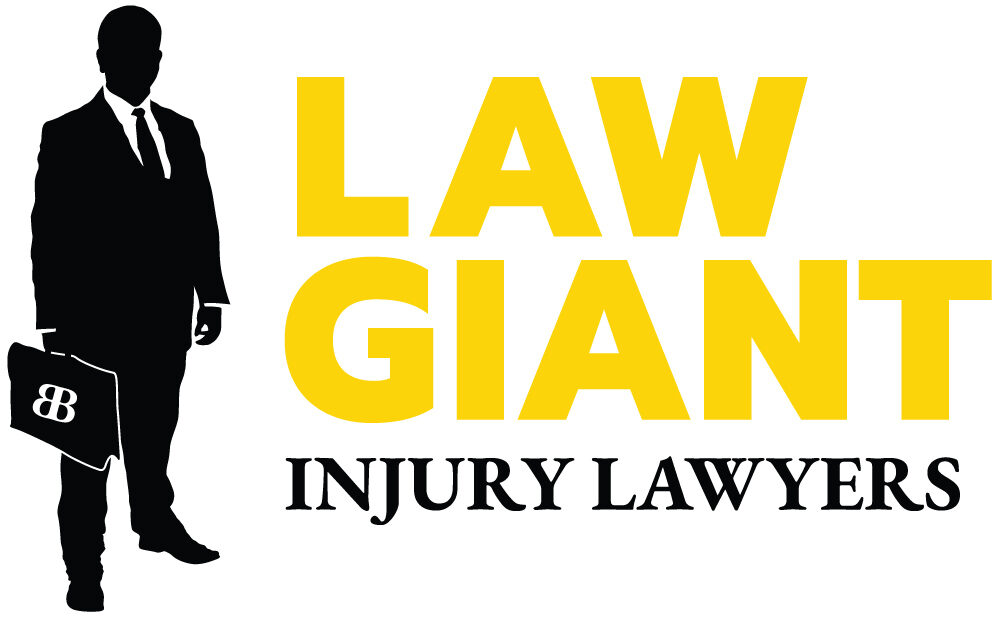What Causes Pressure Ulcers?
Pressure ulcers are often preventable with proper care and attention. However, they may develop due to:
Prolonged Immobility
Patients confined to beds or wheelchairs for extended periods are at a higher risk of developing bedsores.
Lack of Repositioning
Failing to move or adjust a patient’s position in their bed or wheelchair regularly can lead to the development of bedsores.
Poor Nutrition and Hydration
Inadequate nutrition weakens the skin, making it more susceptible to pressure ulcers.
Unhygienic Conditions
Moisture from sweat or incontinence that is not properly managed can increase the risk of skin breakdown, leading to pressure ulcers.
These conditions are often a result of neglect, especially in nursing homes, where residents rely on caregivers to provide consistent and attentive care.
Bedsore Injuries in Albuquerque, NM
Bedsore injuries often occur in care settings where patients depend on staff to meet their needs. Typical environments where pressure ulcers may develop include:
Nursing Homes
In nursing homes, residents often rely on caregivers for their daily needs, especially those with limited mobility. Unfortunately, inadequate staffing levels, improper training, or outright neglect can lead to residents being left in the same position for hours or even days, increasing the risk of bedsores.
Hospitals
Hospital patients are often bedridden for extended periods due to surgery, illness, or injury, making them particularly vulnerable to developing pressure ulcers and other malpractice injuries. While hospitals are expected to provide high levels of care, pressure ulcers can still occur when staff fail to regularly reposition patients, monitor high-risk individuals, or provide the proper skin care to prevent bedsores.
Long-Term Care Facilities
Long-term care facilities are meant to provide a safe and supportive environment for individuals who require ongoing medical care or assistance with daily activities. However, residents of these facilities can develop severe bedsores when they are not properly cared for over extended periods.
Regardless of the care setting, facilities must meet specific standards of care to prevent these injuries. When they fail to do so, they may be liable for the harm caused.
The Consequences of Bedsore Neglect
The development of pressure ulcers can have serious health consequences, especially for older individuals or those with underlying medical conditions. Some of the potential complications include:
Severe Infections
When bedsores are not treated promptly, they can become infected, leading to serious health complications. The skin breaks down, allowing bacteria to enter the body, resulting in conditions like cellulitis, sepsis, or osteomyelitis.
Extended Hospital Stays
Healing pressure ulcers, especially those in advanced stages, can take significant time, greatly extending the patient’s recovery. This prolonged healing process can result in additional hospital stays, further damaging the patient’s physical and emotional health. This can increase healthcare costs for the patient or their family, compounding the burden caused by the initial neglect.
Amputation
In extreme cases, untreated pressure ulcers can lead to such severe damage that amputation becomes necessary. Amputation drastically impacts the patient’s quality of life, leading to long-term physical disability, emotional trauma, and a need for extensive rehabilitation.
Emotional Distress
Beyond the physical pain and suffering caused by bedsores, these injuries often lead to significant emotional distress for both the patient and their loved ones. This emotional toll can last long after the physical wounds have healed, affecting the patient’s and family’s overall mental health and well-being.
If your loved one has suffered from bedsores due to inadequate care, you may be entitled to seek compensation for their medical costs, pain and suffering, and other damages.
Compensation for Pressure Ulcers
If a loved one has developed bedsores due to negligent care in a hospital, nursing home, or care facility, you may be entitled to compensation. The damages you can pursue may include:
Medical Expenses
The cost of treating bedsores can be substantial, particularly when the sores progress to more severe stages. Medication costs for pain management, infection control, and other complications add to the financial burden.
Pain and Suffering
The physical pain associated with pressure ulcers is often excruciating, especially in the later stages when the sores penetrate deeper into the muscle and bone. Beyond the physical agony, bedsores also profoundly impact patients emotionally. Courts often award compensation for both the physical suffering endured and the emotional toll taken on the patient.
Loss of Enjoyment of Life
Bedsores can drastically reduce a patient’s quality of life, especially if the injury leads to lasting complications such as chronic pain, disability, or even the need for amputation. These effects can limit a patient’s ability to enjoy everyday activities, maintain independence, or engage in hobbies or social interactions.
Wrongful Death
In the most tragic cases, untreated or improperly treated bedsores can lead to life-threatening complications, which can ultimately result in death. If a loved one has died because of negligence that led to the development of bedsores, surviving family members may be able to file a wrongful death claim. This type of claim can help families seek justice for the loss of their loved one by holding the responsible parties accountable.
New Mexico law allows victims of medical neglect or nursing home abuse to seek compensation for the harm they’ve suffered, and an experienced Albuquerque lawyer can guide you through the process.
An Albuquerque Pressure Ulcers & Bedsore Lawyer Can Help
Navigating the legal system after a loved one suffers from pressure ulcers can be overwhelming. An experienced Albuquerque pressure ulcer lawyer can help you by:
Investigate the Incident
Your attorney will conduct a thorough investigation to determine if negligence or inadequate care contributed to the development of bedsores. This may involve reviewing medical records, consulting with healthcare experts, and gathering witness statements.
Prove Negligence
To secure compensation, your lawyer must prove that the care facility or medical staff failed to meet the standard of care, resulting in bedsores. Your attorney will work diligently to gather evidence and build a strong case.
Negotiate with Insurers
Insurance companies may attempt to minimize your claim. With an experienced lawyer handling negotiations, you are more likely to recover fair compensation for your losses.
Represent You in Court
If negotiations don’t result in a fair settlement, your lawyer will be ready to take your case to trial, ensuring your rights are fully protected.
Suffered from Pressure Ulcers in NM? The Law Giant Wins Big
Neglect in nursing homes, hospitals, or long-term care facilities can lead to painful injuries, like pressure ulcers. If you or a loved one has been harmed by such negligence in Albuquerque, NM, you need an experienced personal injury attorney to fight for everything you and your loved one deserve.
We offer free consultations and work on a contingency basis, so you won’t pay unless we win your case. Contact The Law Giant at 505.900.0000 or contact us online to schedule your free consultation and take the first step toward recovery.






